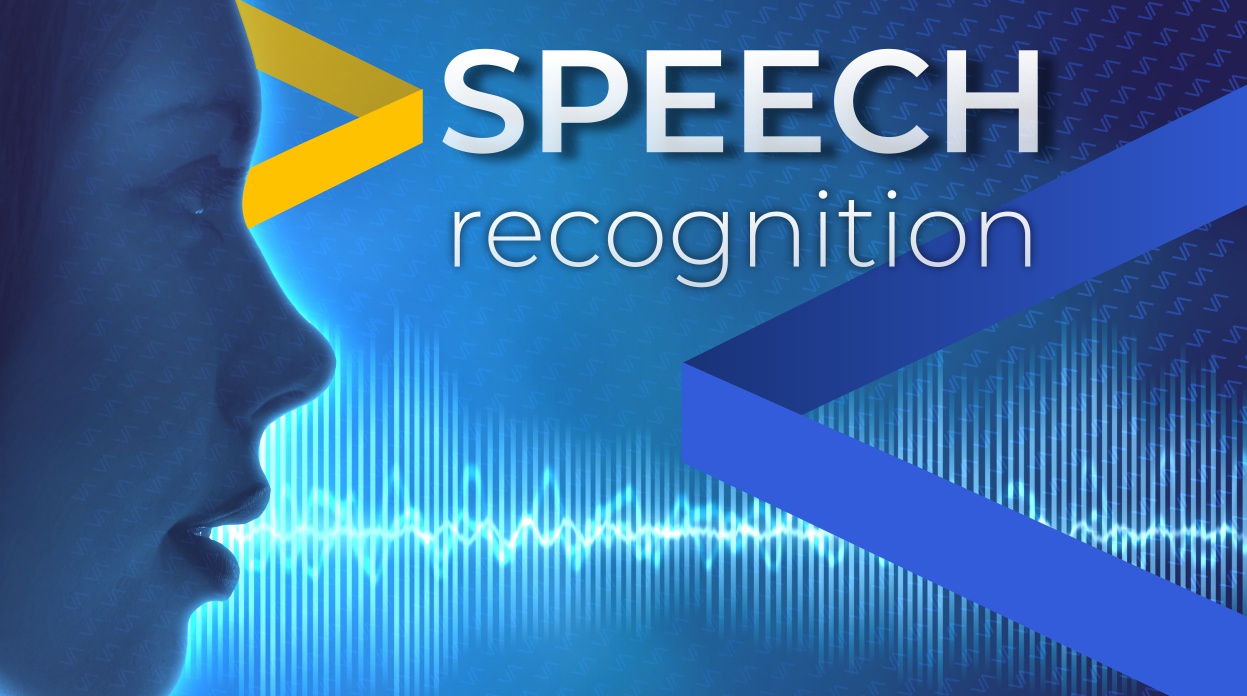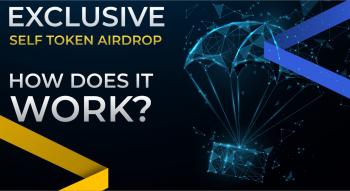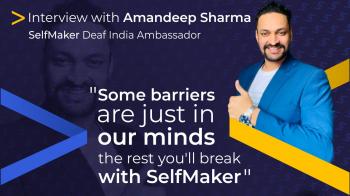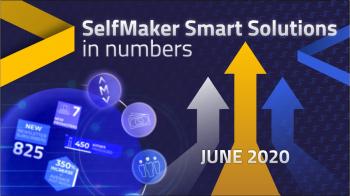Speech recognition - start writing with a human voice

November 20, 2020 | #selfevolution academy
Not long ago we could only talk on the phone, today we're talking to the phone. Speech recognition systems have become well established in our mobile devices and are becoming increasingly popular. Their use increases convenience, saves time and sometimes even has a positive impact on safety. What else could this functionality be useful for? Why do technology corporations bet on it so much?
Difficult beginnings
Speech recognition goes back even several decades, already then there were experiments on devices capable of recognizing single pronounced words. Although something that could be called the beginnings of personal speech recognition systems, could be found firstly in the phones from the last decade. For some functions or contacts, it was possible to configure a voice command that allowed you to run the application or make a call to a person in the phonebook without touching. Operation was simple. During the configuration, the user was asked to repeat the selected phrase several times, so the system created a pattern, which is a later reference point for the voice command. This had little to do with what today's technology presents, but already then the potential of this solution was being explored. This allowed the basic functions of the phone to be used even when it was not possible to operate it by hand (e.g. while driving).
Why is speech recognition brilliant?
If that solution did not prove useful, we would probably not see further development of this technology. The advantages of its use are indisputable. First of all, it uses the most "human" way of conveying information – speech. This has a direct impact on the convenience and speed of the message formulation. Speech is a natural and least physically demanding form of communication. Using this way of entering information into the device, we do it even 5 times faster than writing, additionally we do not have to perform any manual activities, our hands are free and can be used for other, more demanding work. Equally importantly, we don't have to look at the screen, so we stay focused on our current job.
Speech recognition in everyday life and business
Among users of mobile devices and beyond, the habit of using voice recognition instead of standard writing is still largely absent. But this situation is slowly changing. Above all, it is influenced by the increasing quality of algorithms, more and more implementations of this way of entering data in applications, and the creation and development of specially created voice assistants (Siri and Google assistant), and entire devices (Google Home, Amazon Echo or Alexa). Even modern cars have built-in intelligent assistants who recognize and respond to driver commands (their capabilities are often used in advertisements such as Mercedes). The assistants enable contact-free operation of virtually all basic functions of the device (car). Using voice, we can select a caller and call him, search for a destination on the map and activate navigation, play your favourite songs, schedule a meeting and save them in the calendar, set a timer, order tickets to the nearest cinema or even dictate whole text messages. What's important is that you can check it all for yourself even at this point. Just take your smartphone and say the magic "OK Google", or "Hey Siri" for iPhones.
Business also benefits from the development of speech recognition. Thanks to the technology described here it will be possible to create automated customer service centres, technical support departments, secretaries or cashiers. These solutions will increase work efficiency, and if implemented properly, they will also influence positive customer experience.
Conveniences but also risks
There are no ideal solutions. The use of speech recognition systems greatly facilitates all spying activities. You've probably met more than once when you're talking to a friend, and you want to support yourself with information from the Internet, and Google flawlessly suggests the phrases you probably want to look for? Having your smartphone with you, you're constantly being monitored. And that is not a problem as long as such "monitoring" is allowed by an entity with a relatively good reputation, which we can give part of our trust, such as Google. However, it is exactly the same way that people or companies, that you don't expect to nor want to, can eavesdrop on you. All you have to do is download one application of dubious origin, agree to give it permissions (which we usually do without thinking and automatically) and that’s it. This shows that, in the wrong hands, this technology can also do a lot of damage, especially if the users of all electronic devices are not careful.
Check for yourself!
Although this article does not explain typical technical issues concerning the principles of speech recognition systems, it is a very complex issue on the borderline of mathematics, linguistics and computer science, which is the material for another large entry. However, the information presented should bring closer the issue of speech recognition, which is storming the mobile devices market, the automotive and the home and living industry. The operation of the systems is already very advanced and has a low error rate, and the use of artificial intelligence enriched with the use of "deep learning" algorithms, improves it further from day to day. So? How about a little test? Check out what joke your assistant has prepared for today!










